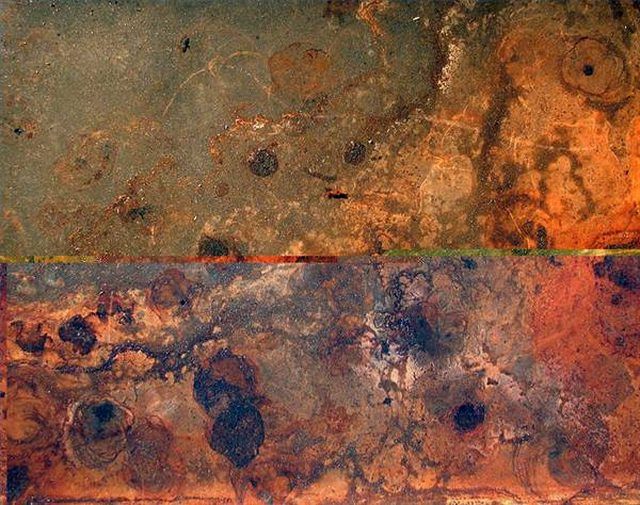Bulbs
Flower Basics
Flower Beds & Specialty Gardens
Flower Garden
Garden Furniture
Garden Gnomes
Garden Seeds
Garden Sheds
Garden Statues
Garden Tools & Supplies
Gardening Basics
Green & Organic
Groundcovers & Vines
Growing Annuals
Growing Basil
Growing Beans
Growing Berries
Growing Blueberries
Growing Cactus
Growing Corn
Growing Cotton
Growing Edibles
Growing Flowers
Growing Garlic
Growing Grapes
Growing Grass
Growing Herbs
Growing Jasmine
Growing Mint
Growing Mushrooms
Orchids
Growing Peanuts
Growing Perennials
Growing Plants
Growing Rosemary
Growing Roses
Growing Strawberries
Growing Sunflowers
Growing Thyme
Growing Tomatoes
Growing Tulips
Growing Vegetables
Herb Basics
Herb Garden
Indoor Growing
Landscaping Basics
Landscaping Patios
Landscaping Plants
Landscaping Shrubs
Landscaping Trees
Landscaping Walks & Pathways
Lawn Basics
Lawn Maintenance
Lawn Mowers
Lawn Ornaments
Lawn Planting
Lawn Tools
Outdoor Growing
Overall Landscape Planning
Pests, Weeds & Problems
Plant Basics
Rock Garden
Rose Garden
Shrubs
Soil
Specialty Gardens
Trees
Vegetable Garden
Yard Maintenance
How Does Metal Corrode?
How Does Metal Corrode?. Corrosion is an electrochemical process by which some types of metal are broken down. It commonly happens with anode metal, or a metallic substance that gives up electrons when in contact with a liquid conductor of electrons (electrolyte), oxygen and a cathode (a metallic substance that accepts electrons). Electrons flow...

What Is Corrosion?
Corrosion is an electrochemical process by which some types of metal are broken down. It commonly happens with anode metal, or a metallic substance that gives up electrons when in contact with a liquid conductor of electrons (electrolyte), oxygen and a cathode (a metallic substance that accepts electrons). Electrons flow through the electrolyte from the anode metal to the cathode, causing the anode metal to disappear or "wear away."
Rust, a Common Example of Corrosion
One of the most familiar forms of metal corrosion is rust---which is a cathode. Rust, or iron oxide (Fe2O3), occurs when iron (an anode) combines with oxygen and water (the electrolyte). This reaction is so efficient and common that pure iron is almost never found naturally.
Salt Speeds Process of Corrosion
The electrons from the anode are transferred to the cathode by the electrolyte, which is, as mentioned above, commonly water. Water, in general, is an excellent conductor of electricity, but certain substances can make it an even better conductor. This will speed up the process of corrosion exponentially. One of these substances is salt. Salt added to water speeds up corrosion of metal.
Not All Metals Corrode
So, in general, anode metals corrode because they are driven by an inevitable electrochemical process.
However, other types of metals are more resistant, if not impervious, to corrosion. Gold and platinum do not corrode, for instance, because they have a negligible reaction to moisture or oxygen.